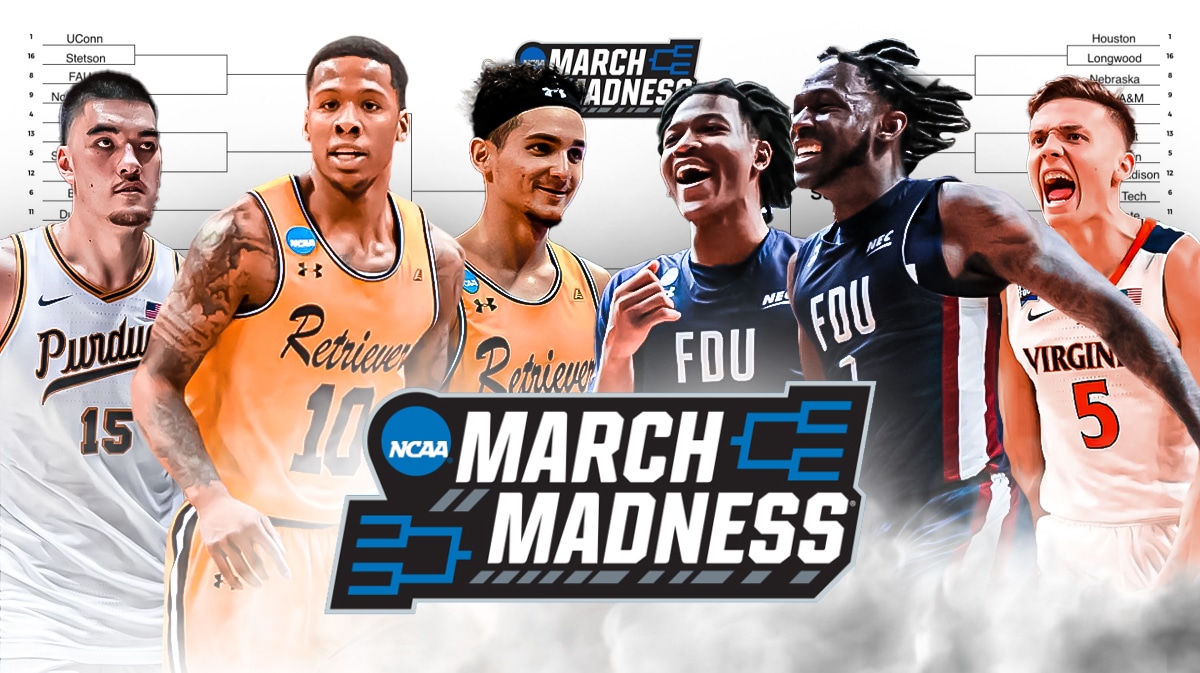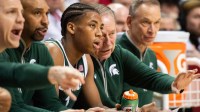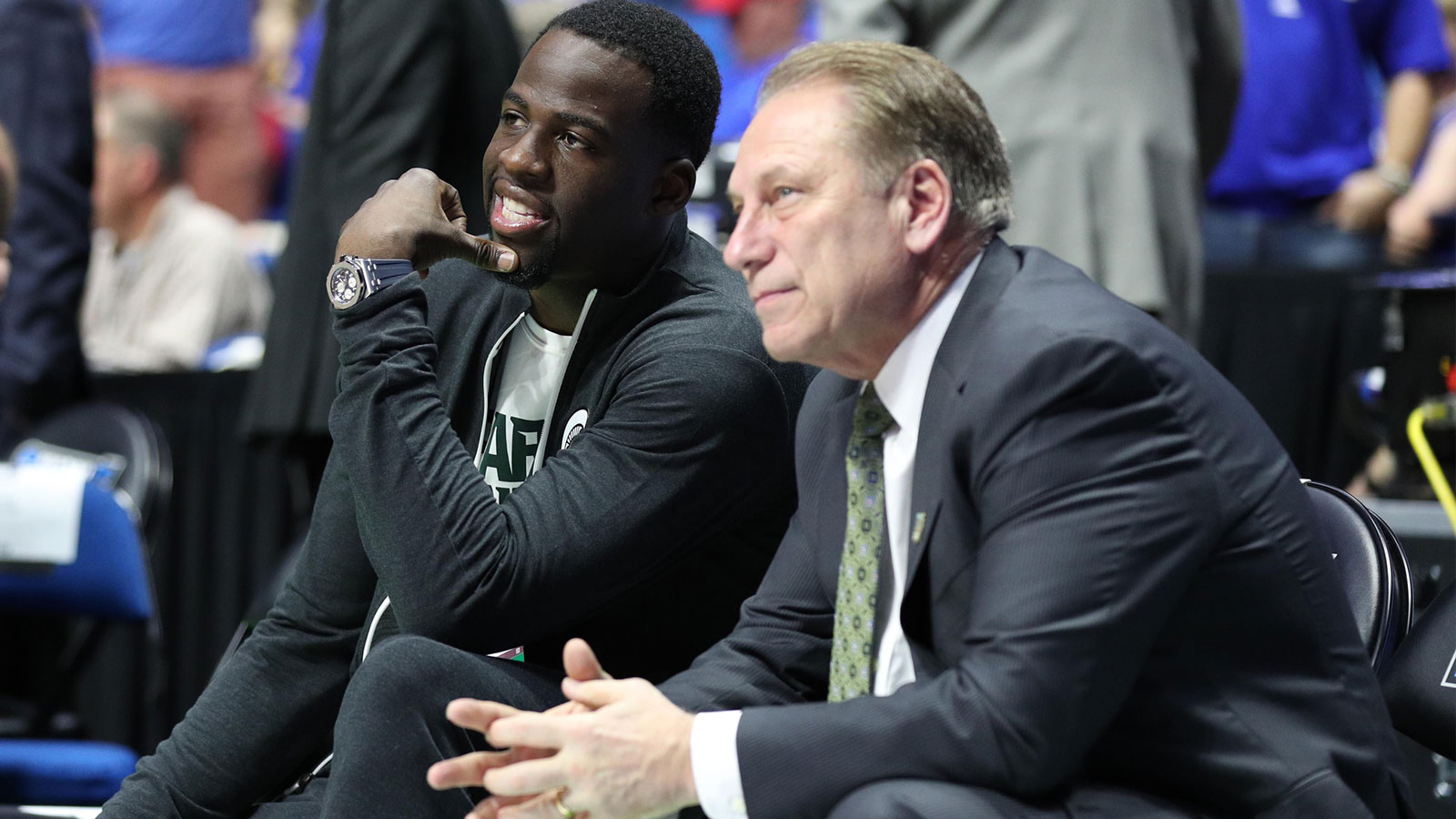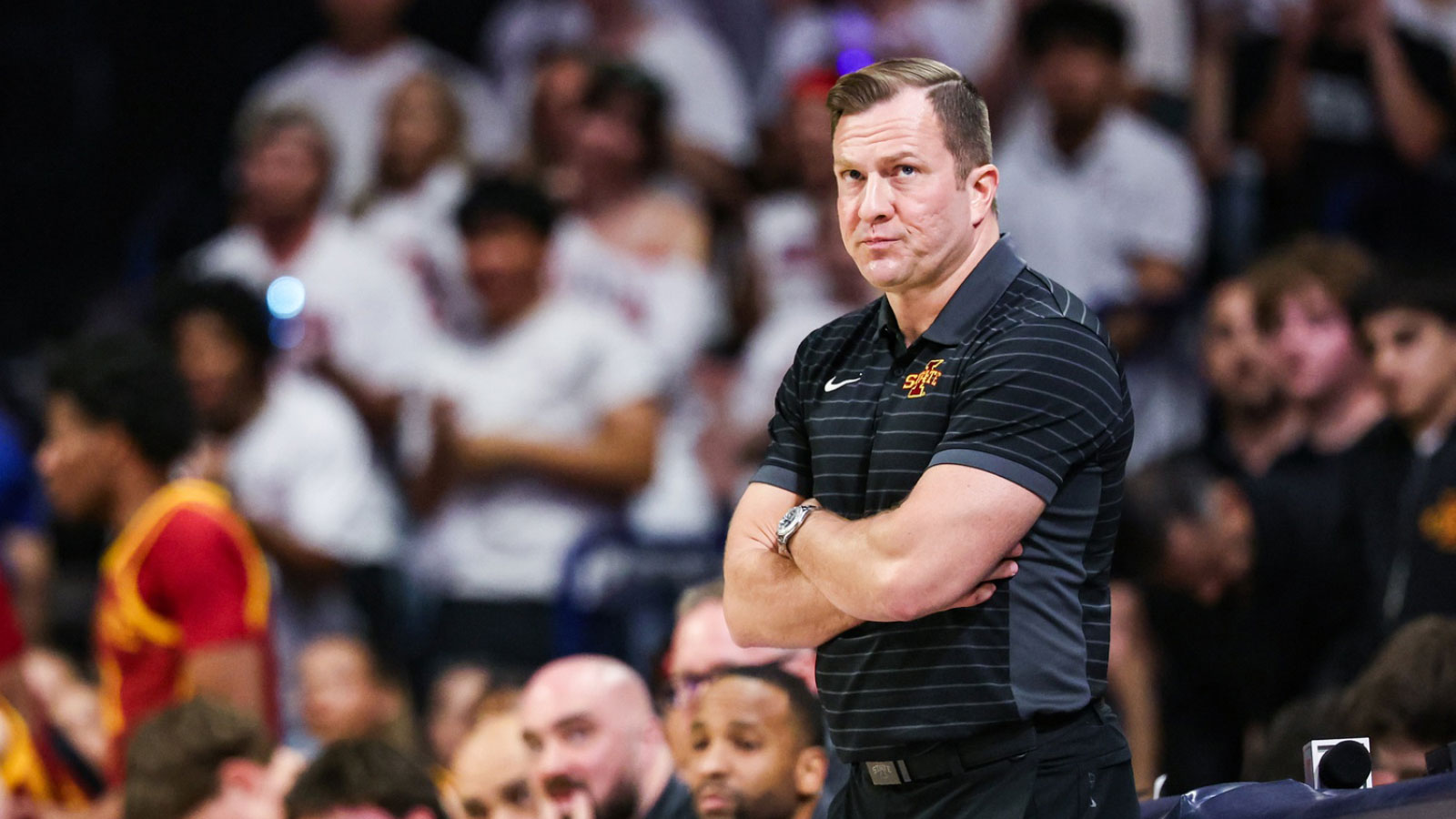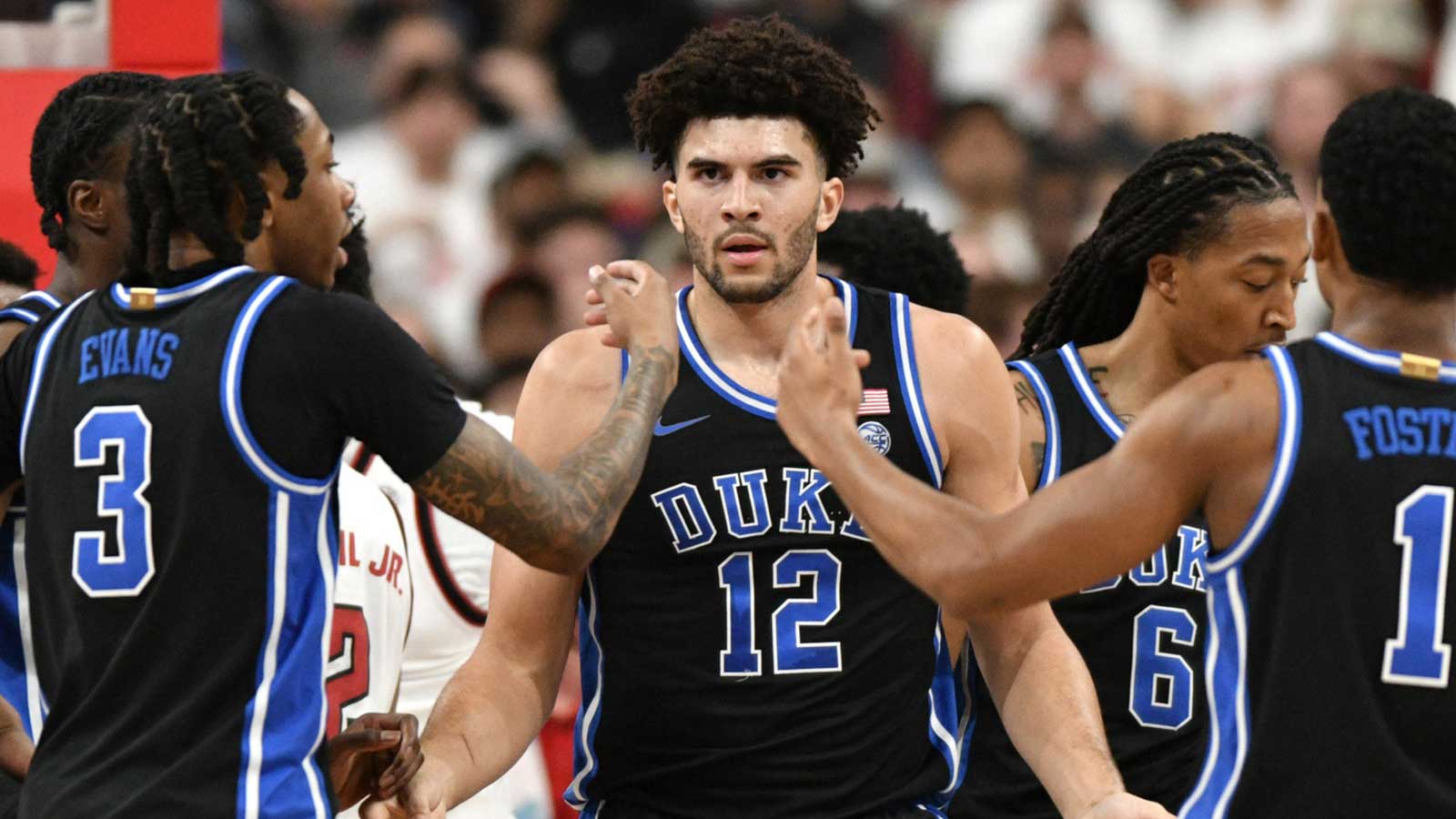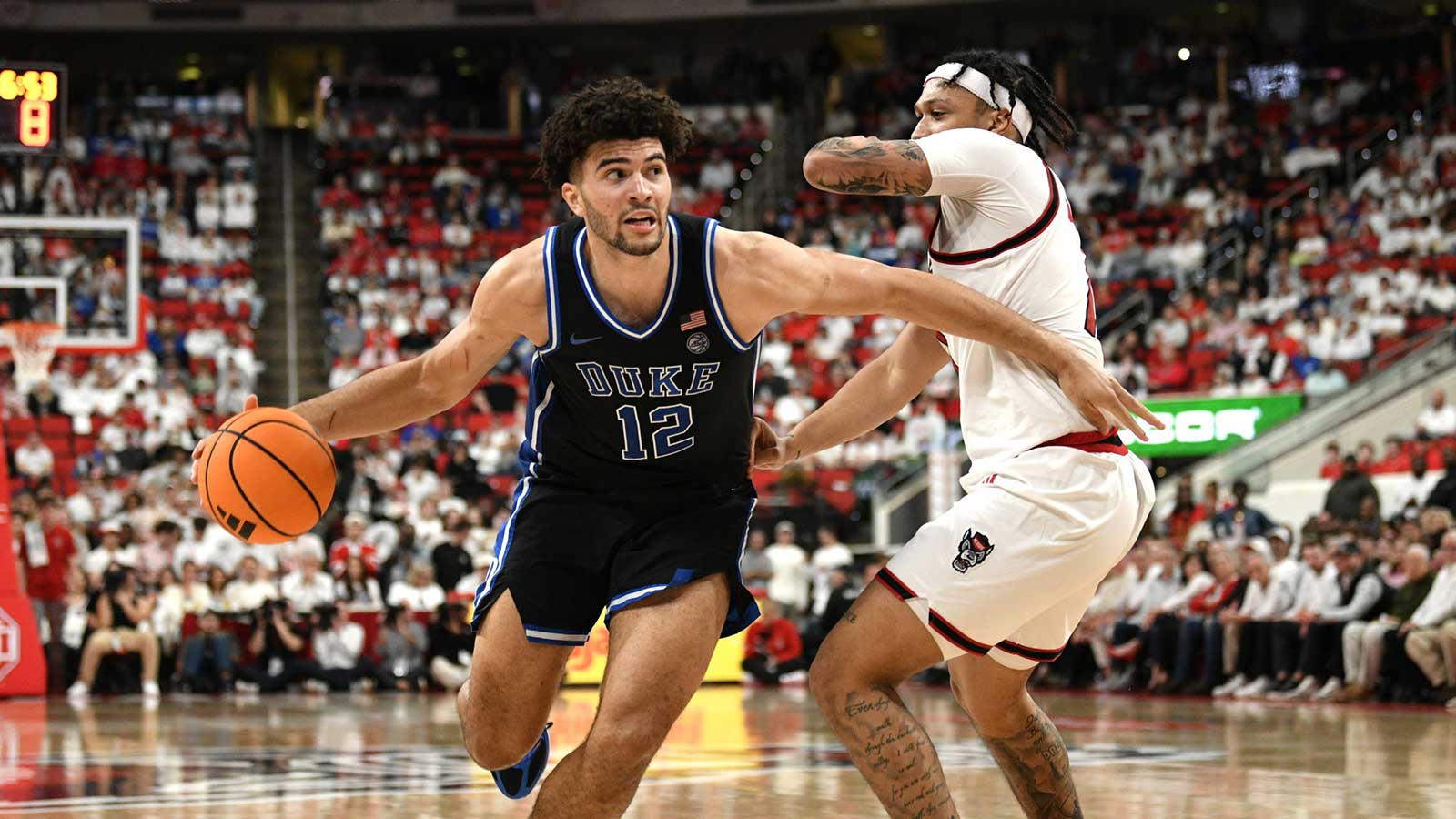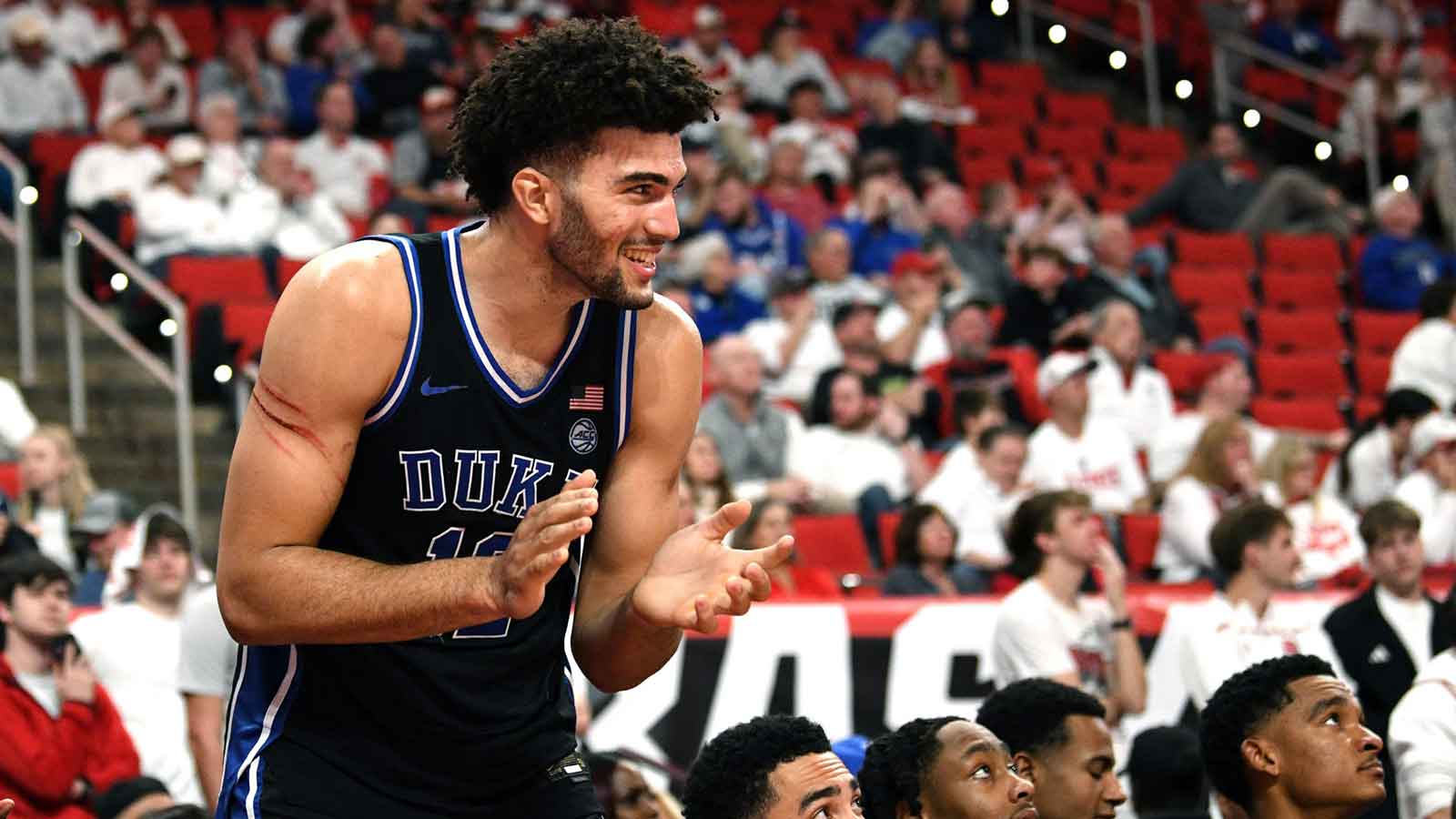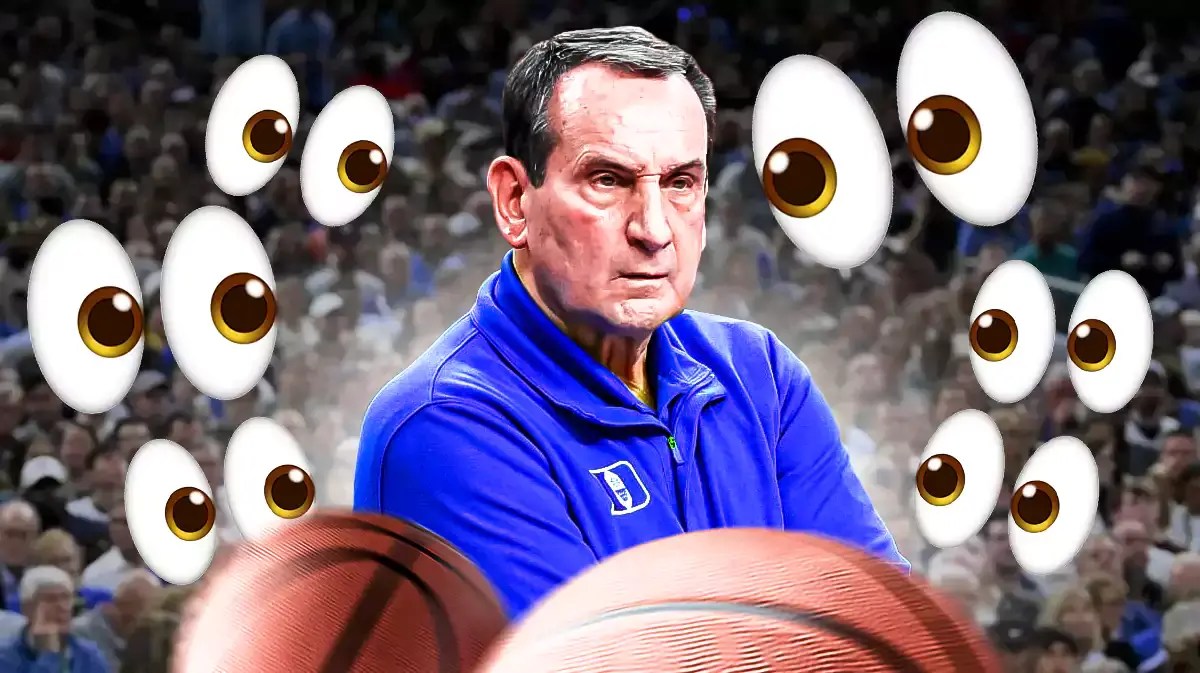March Madness is the craziest time of the year on the sports calendar. A total of 68 teams battle it out in an effort to become national champions, and along the way, tons of brackets are busted because of a number of Cinderella stories and surprising upset victories. Everyone loves to root for the underdog, and that is most true during the NCAA Tournament.
Every year, underdog triumph stories become reality, and massive upsets have become even more of a norm in recent years. The biggest upset possible is obviously a 16-seed beating a number 1-seeded team. It is the ultimate David vs. Goliath story, but has it ever happened in March Madness? We will answer that question below.
Has a 16-seed ever beaten a 1-seed?
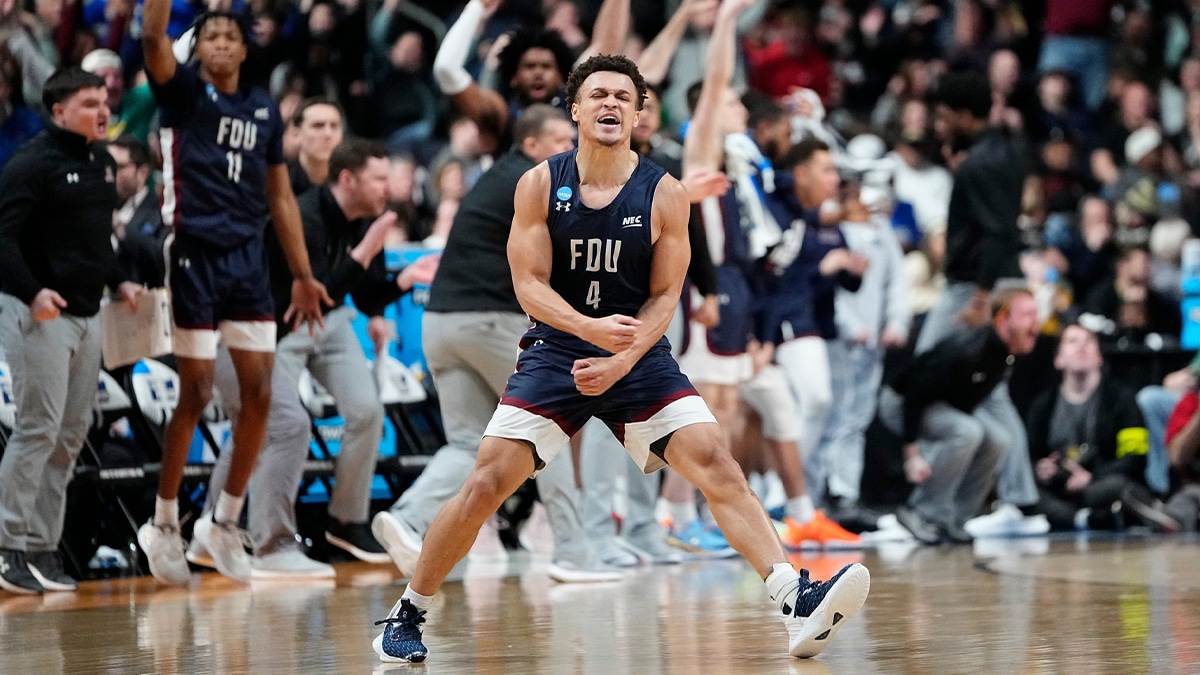
Historically, 1-seeded teams have owned 16-seeds in the first round. Every matchup between the two has had the better ranked team massively favored, and you really can't predict a 16-seed upset. Throughout March Madness history, 16-seeds rarely even put up a fight, as they have almost always been extremely outmatched.
That has changed in recent seasons, though. Twice, a 16-seed has done the impossible and overcame a top-ranked team, and both occurrences happened in the last few years. It happened for the first time in 2018 when the University of Maryland, Baltimore County, overcame Virginia. UMBC shocked the world and forever etched their name in history with the win.
Anything can happen in basketball, so it was safe to assume a 16-seed upset victory would eventually happen, but most would have predicted it would likely come in a closely contested game. That was not the case in UMBC's win. They dominated throughout and walked away with a 74-54 blowout victory.
Jairus Lyles led the way with 28 points, but the team as a whole shot 50% from deep. Meanwhile, the Cavaliers only shot 18.2% from beyond the arc, so they were never able to catch up and make the game interesting.
This victory came in only UMBC's second March Madness appearance, and Virginia was not just the top seed in the South Region, but they were the top overall seed. The Retrievers' win looks even better in hindsight because Virginia went on to win the national title the following year.
One other 16-seed has become victorious in March Madness, and that was last season. Fairleigh Dickinson went on the ultimate Cinderella run, as they weren't even guaranteed to play in the Round of 64. They had to first get a win in the First Four before they took on top-seeded Purdue.
Purdue's size (7-foot-4 Zach Edey was the Player of the Year, and Purdue was the tallest team in the field), and Fairleigh Dickinson's lack of size (their tallest starter was 6-foot-7, two of their starters were shorter than 6-foot, and they were the shortest team in the field) made this the ultimate David vs. Goliath victory.
Fairleigh Dickinson used their lack of height to their advantage. They were able to use their speed to attack Edey in space, and it led to a 63-58 win. Defensively, Fairleigh Dickinson was never going to be able to stop Edey. They let him have his way and instead focused on limiting everyone else. The plan worked, and Purdue only shot 35.8% from the field.
Fairleigh Dickinson's win gave 16 seeds a 2-150 record all time since the tournament expanded to 64 teams in 1985. While that big of an upset might occur with more regularity going forward, it is still an incredibly big deal.
Both UMBC and Fairleigh Dickinson's victories will be remembered forever, but neither team was able to win their following game in the Round of 32. With new transfer and NIL rules, though, the NCAA has never been more unpredictable, and upsets are at an all-time high. It seems like just a matter of time until a 16-seed makes a deep run into March.
Other notable 16 vs. 1-seed games
While the two 16-seed victories in the men's tournament are recent wins, a 16th-ranked team in the women's tournament won a game way back in 1998. The gap between 16th-ranked Harvard and number-one Stanford was much closer than the normal 16 vs. 1 clash. Stanford suffered two devastating injuries right before the start of the tournament, and Harvard had the nation's leading scorer, Allison Feaster. The team's battled in what was still a close game, but Harvard got the NCAA's first ever 16-seed upset with a 71-67 win.
On the men's side of things, there have been some close calls for top seeds. Twice a game was decided by only one point. Both of those games happened in the same year; the 1989 NCAA Tournament.
Georgetown escaped with a 50-49 win in a defensive clash with Princeton, and Oklahoma only beat ETSU by a score of 72-71. The very following year, 16th-ranked Murray State took Michigan State to overtime, but the Spartans pulled away and won by four points.
As the First Four still has yet to play this season, it isn't known exactly which 16 seeds will be in the field of 64. It is known that UConn, Houston, North Carolina, and Purdue are the 1-seeds that stand in the underdogs way, though, but the Boilermakers have already proven that the mighty can fall.

